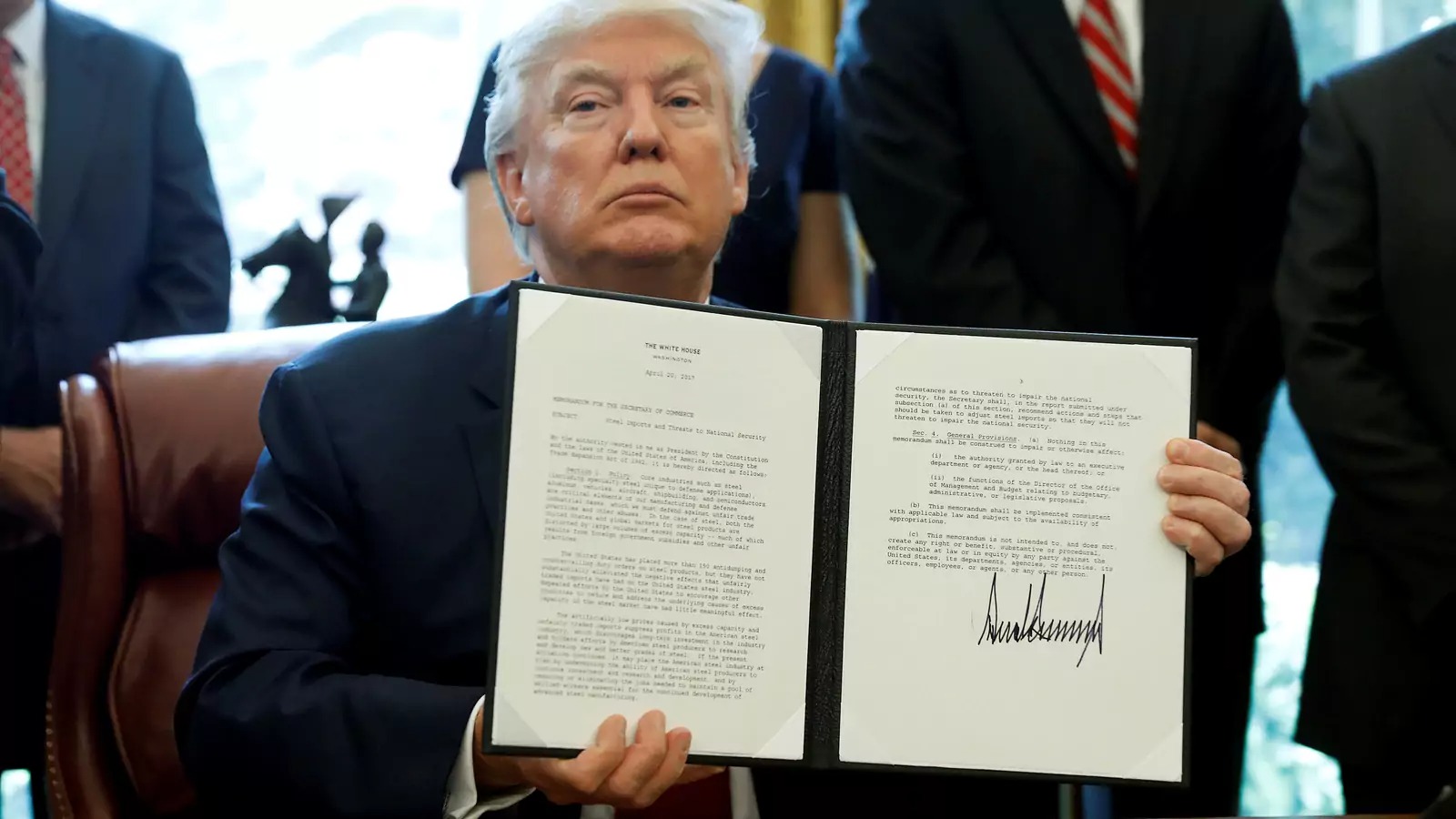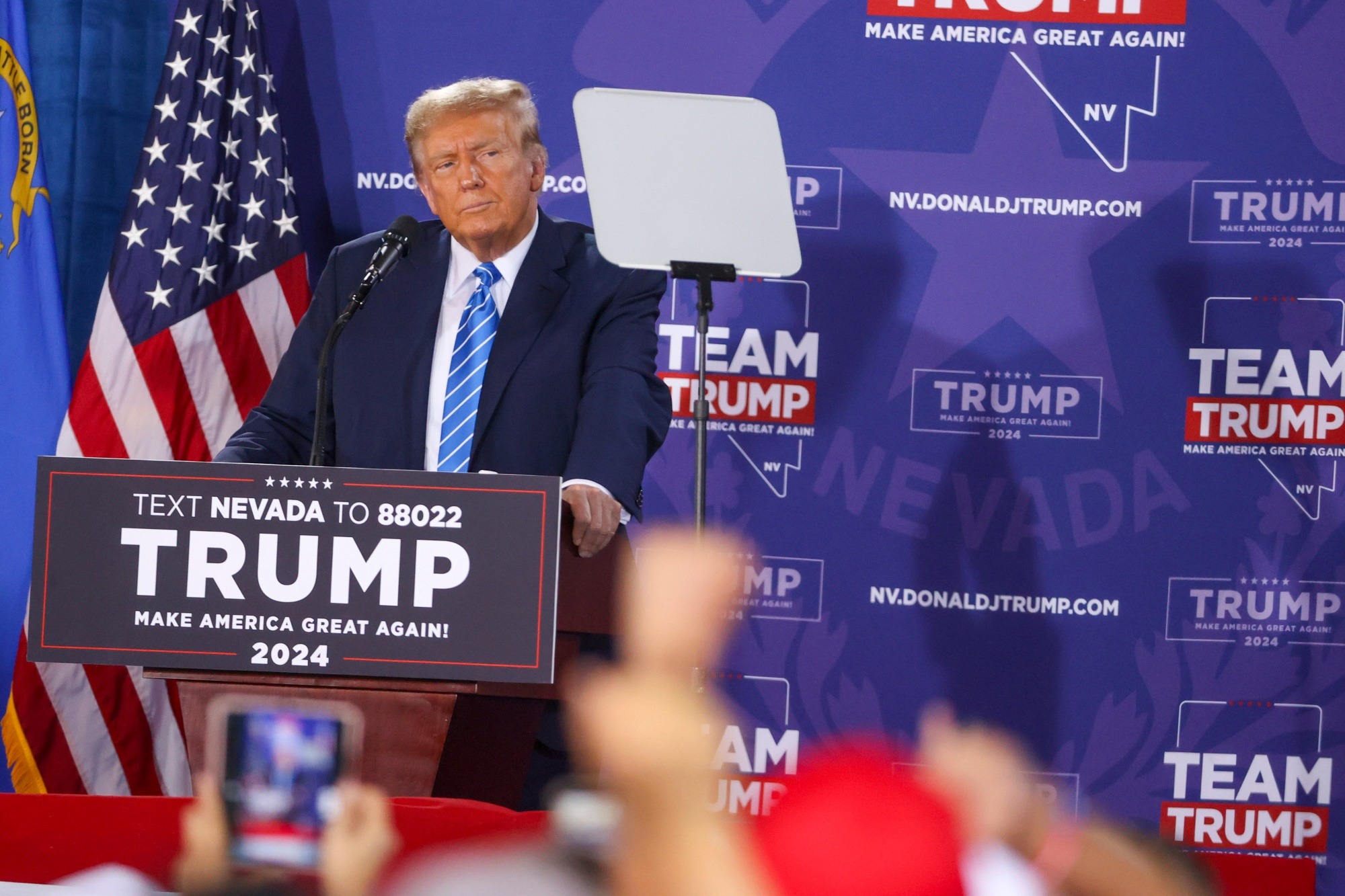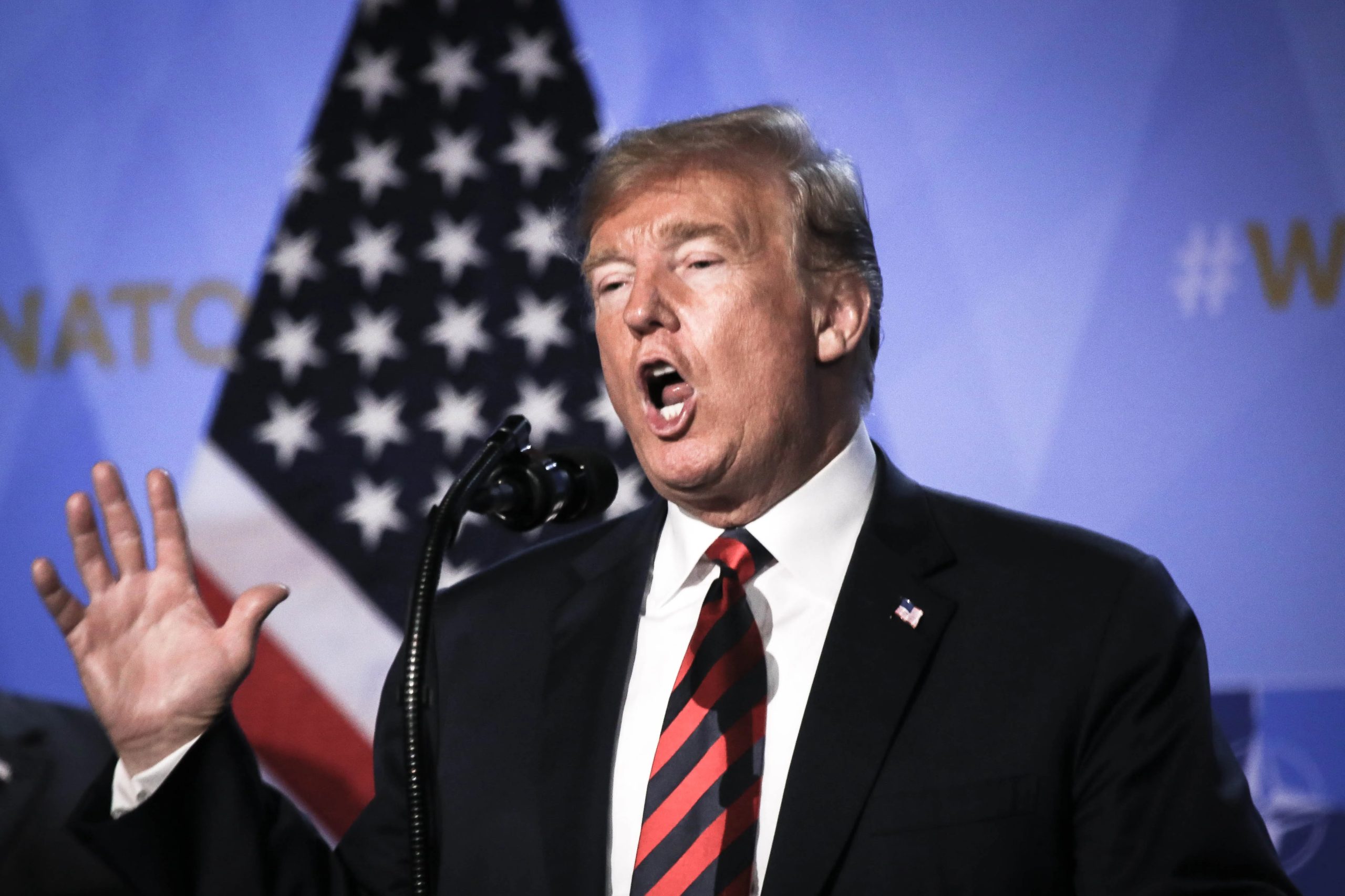Riding on a wave of victories in key primary states, prospective Republican presidential nominee Donald Trump appears poised to challenge Democratic incumbent President Joe Biden in the upcoming election.
Trump’s lead in polls suggests a potential shift in US foreign policy if he secures the presidency, with implications for the global landscape.
During his first term, Trump made significant foreign policy moves, including withdrawing from the JCPOA and TPP. While he threatened US allies, he did not cut funds or withdraw entirely from NATO.

In a possible second term, Trump may reinforce these actions, arguing for a fairer distribution of financial contributions to NATO and a reduction in US involvement in global combat and peacekeeping efforts.
Trump’s recent statement about encouraging Russia to attack NATO members failing in their financial obligations reflects his conservative approach to foreign policy. His administration’s policies have often prioritized US interests abroad, sometimes at the expense of international alliances.

US foreign policy has traditionally aimed at maintaining global dominance and influence, but other great powers have challenged this order in recent years. The US has responded by recalibrating its foreign policy and focusing more on the Indo-Pacific region as a strategic priority.
This shift reflects a belief that regional countries should play a greater role in security provision and burden-sharing, with India’s growing role in the Indo-Pacific exemplifying this trend.
A potential second term for Trump could lead to a more assertive and domestically-focused US foreign policy, with significant implications for global dynamics and alliances.
